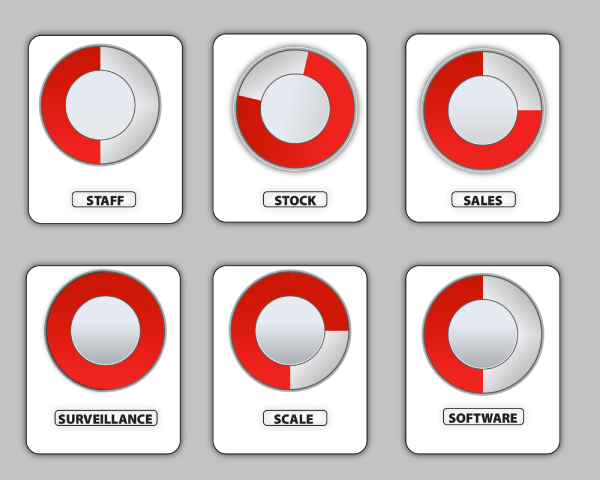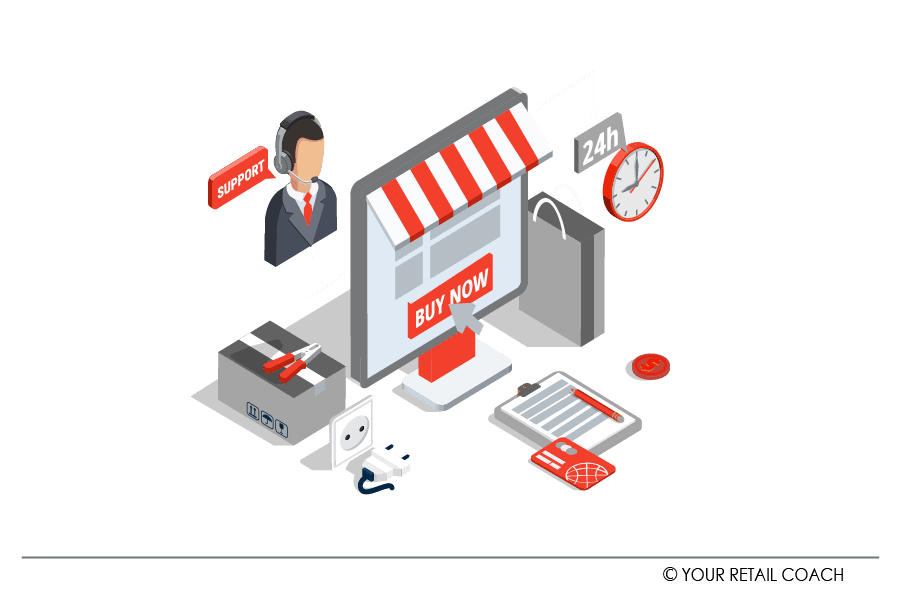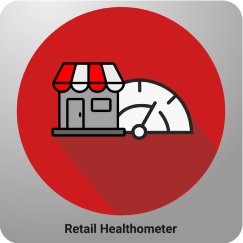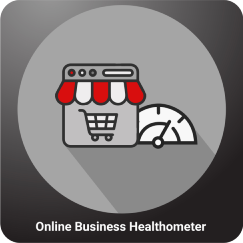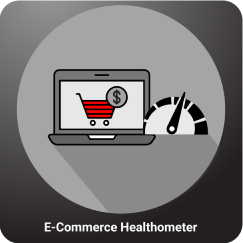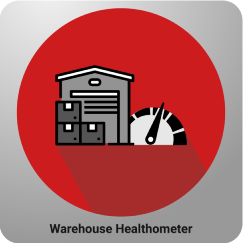Easy to Plunge, Hard to Float
Starting a retail business is not difficult. But what is difficult is sustaining it and lending it growth and expansion. How many retail stores do we come across every day that are still in the same dimensions since its inception? Entrepreneurial drive to achieve business growth and expansion is one side of the story. The other side is how a business is set up. This other side comprises the fundamentals necessary to start a business on the right foundation. The right foundation of thinking, strategies, planning, and systems gives businesses a head start in their life cycles. In the absence of this foundation, it takes years for businesses to realise what went wrong. Making transitions later becomes a mountainous or even irreversible task.
In this blog, we will dive into seven important considerations as a part of retail startup business planning or the points to be considered in setting up a retail store.
#1 Business Model (Development &) Evaluation
A business model is an effort to broadly determine how the business will exist and sustain itself. And in this effort, nine vital aspects are explored and defined. These are also the parameters against which a business model is evaluated.
- Value Propositions – what unique value the business has to offer to customers
- Value Chain and Key Activities – How the identified value will be created and delivered
- Key Partners – Role of External entities in the value chain
- Capabilities – Internal and External Resource Requirements
- Costing – Capital Investments and Operating Expenditures
- Revenue Streams – Different sources of earning revenue
- Customer Segments
- CRM
- Channels of distribution
The above points of business modelling apply to retail startups as well; the size and scale of the intended business do not matter. As an example, a retail store can think of setting up an F&B kiosk within the store compound as a value-added service and create an additional source of revenue.
A vital output of business modelling is the identification of one or more niche specialities. This niche could be catering to a unique segment of customers, offering unique products and value-added services, superfast delivery (like dark stores), or anything else that provides a unique brand positioning.
#2 SOP-based Operations Planning
Operations planning is a necessity for ensuring high-quality execution of business processes. Done right, operations planning helps keep processes on track and aligned with business and functional objectives. Operations planning qualifies as an important constituent of a business plan. This applies to retail startups and stores as well.
Various business processes and operations of a retail store include inventory procurement, inventory management, marketing and sales, finance and administration, staffing, etc. Planning for these processes requires a professional touch. And many retail stores fail to succeed with their operations planning because of not using Standard Operating Procedures (SOPs) or poor application of SOP standards and practices.
SOPs also facilitate process automation and digitisation.
#3 Store Layout & Infra Setup
Let us first talk about retail store layout planning. Layout planning has many important ramifications for business. It helps retailers make the best out of the available space. A lot of guiding elements for this comes from the business model and SOPs. For example, if an F&B kiosk has to be incorporated, the right amount of space and the right location has to be determined in layout planning. Or where the quality check gates or counters should be placed is affected by the SOPs for inventory receiving, inventory storage, and stacking the shelves.
Infrastructural setup cannot be separated from store layout planning. The same example of an F&B kiosk is applicable here too.
#4 Staff Recruitment, On-boarding & Training
The importance of how employees present themselves, treat customers, exhibit their expertise, and extend support in retail stores does not need an extended elaboration. So, what are retail entrepreneurs doing about it? The answer is they should be planning their staffing solutions keeping in mind their business prerogatives. These prerogatives are derived from the requirements of business models and required operational skills and abilities as drawn from SOPs. For example, if a new local retail store wants to stand out with superior customer service, then the elements of customer service need to find a place in the hiring and training grounds. Or if a store deals in makeup products, employees in those counters must possess the required knowledge and expertise to handle customer queries.
The significance is the same for employee onboarding and providing employees with the necessary training as per the job descriptions and SOPs.
#5 Marketing Plan – Launch & On-Going
Retail store startups or even existing retail stores at the time of opening branches need a proper launch program. A marketing launch program for new retail stores includes teaser campaigns on offline and online channels, billboard advertisements, distribution of promotional pamphlets via newspapers, launch day or launch week discounts, and other innovative steps to attract customers and form a good early impression.
At the same time, marketing is also an ongoing activity for all organisations including retail businesses. When we say ongoing marketing (adjustments and efforts), it involves a perpetual assessment of customer shopping journeys, consumer behaviour, competition, technology, demand, and every such factor that affects the present and future performance of a business in big or small ways.
#6 On-Going Audits and Training
Retail audit planning becomes a necessary aspect when a business is of a certain considerable size and stature. In micro retail stores, the people, processes, policies and systems are fewer. This does not negate the need for auditing but it is within the manageable range of a small team comprising owners, their family members, or a couple of employees with routine skills. But any retail store bigger in size and stature than that calls for detailed audit plans. A simple instance to realise this point is to think of a small deviation becoming a massive one over time and large business volumes.
Planning about how to conduct ongoing audits and provide necessary training help retail businesses track the level of compliance with policies and processes in a smooth, systematic, and non-disturbing manner.
#7 Financial & Commercial Planning
A mastery of financial and commercial numbers is critical for businesses. And this applies to retail store startups as well. This makes financial and commercial assessments a key element of any retail startup business plan. These projections prevent overspending and keep financial and commercial decision-making within the realm of plans and budgets.
Important areas of analysis in financial and commercial planning are:
- Sales and revenue forecasting
- Purchase planning and inventory scheduling
- CAPEX & OPEX detailing, procurement of funds/investments
- Preparation of estimated P/L Statements
- Analysis of break-even period, ROI and ROC
- Budget layout and allocation
Retailing will continue to remain an attractive business avenue given the presence and surge of favourable conditions like growth in urbanisation, rise in population, improvement of income levels, institutional promotions, and infrastructural developments. It is not that these factors were not present earlier. They were present before and they will exist in the foreseeable future. That is why retailing was, is, and will continue to get more dynamic and competitive. But what has not changed much are the underlying essentials of business planning: seven of which were touched upon in this blog.
Reach Us
To know more about our retail and eCommerce consulting services or to speak to one of our retail startup consultants, please drop us a message and we will reach out to you.
FAQs
How to start a retail business? How do I set up a successful retail store? How do I plan to open a store? What is needed for a retail store?
If you are thinking of starting a retail store, take a pause and check if you have considered the following elements as a part of your business planning.
- Market Research
- Business Model Development
- Assets requirements
- Store Layout Planning infrastructure setup
- HR and staffing solutions
- Marketing and promotions
- Operations Planning
- Audit Planning
- Financial & Commercial Planning (listed in the end but indispensable)
How much investment is needed to start a retail store? How profitable is a retail shop?
The amount of investment required in a retail store depends on many factors. For example, if you are thinking of starting a consumer electronics and appliances store, the investments into inventory will be significant. If you are intending to start a hypermarket, the required investments will be massive. Therefore, to ascertain the investment requirements or to know about anticipated profit and loss, a business plan with financial and commercial assessments needs to be developed.
In brief, some of the important areas of analysis in financial and commercial planning are:
- Sales and revenue forecasting
- Purchase planning and inventory scheduling
- CAPEX & OPEX detailing, procurement of funds/investments
- Preparation of estimated P/L Statements
- Analysis of break-even period, ROI and ROC
- Budget layout and allocation
Retail Healthometer
Check the health of your business? Are you ready to organize & scale ?
